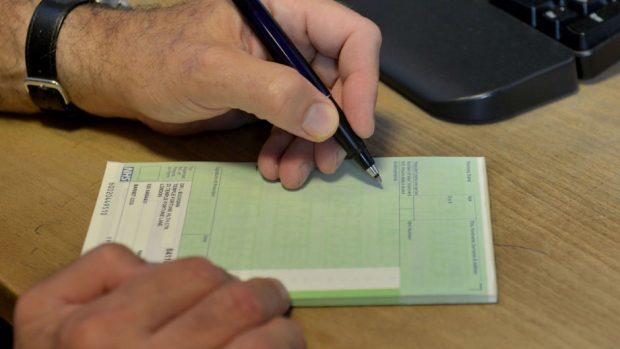Health chiefs have been ordered to rein-in spending on prescription drugs in a row over planned cuts.
GPs and pharmacists across the NHS Grampian area have signed-off on about £2.2million more in treatments than had been allocated for this year.
It has led to a huge black hole in budgets – which could lead to social care provision being squeezed.
But councillors refused to back proposed savings and instead ordered an emergency summit to discuss ways to cut prescribing costs.
The crisis sparked a public row after Aberdeen’s health and social care partnership said in a report that the bill was “uncontrollable”.
It is expected to top £100million next year – £40million in the Granite City, £45 million in Aberdeenshire and more than £17million in Moray.
An ageing population, increasingly expensive treatments and family doctors prescribing more complex drugs are being blamed.
Aberdeen City Council finance convener Willie Young demanded more work be done to bring spending under control before other cuts were contemplated.
He spoke out at a meeting of the body responsible for co-ordinating NHS and local authority care services.
The integration joint board (IJB) was expected to agree £4.8million of savings, including reviews of existing care packages and cuts to training.
It also wants to plug the rest of an £8milllion gap with cash from an “integration and change fund” earmarked to improve services.
Mr Young refused to accept the “uncontrollable” claim and instead tabled a motion to delay any decision until after the urgent meeting.
The IJB, which includes NHS, council, trade union and voluntary sector members, unanimously accepted the move.
Mr Young said afterwards: “It was necessary to ensure that we are spending the Integration and Change Fund appropriately.
“I felt that I could not agree a budget without measures being put in place to bring prescribing under control.”
GP Stephen Lynch, the partnership’s acting clinical lead, said prescribing budgets had historically been overspent.
“There are things we are going to do but they are going to take time,” he said.
Practices have been offered cash incentives to check their records for expensive drugs and switch to cheaper alternatives.
Some patients are also being assigned “link workers” who could help find non-medical alternatives to treatments such as anti-depressants.
